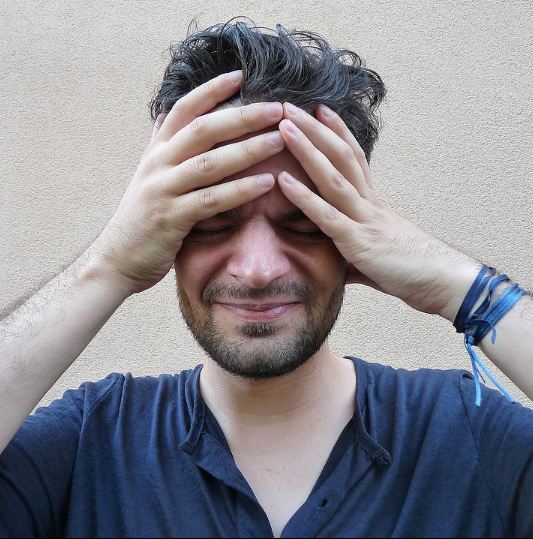I’m exhausted! I feel so worn out! I’m stressed out! I give up! You perhaps have said these things to your office mate, co-worker, or even to yourself when you feel that you no longer can function effectively, and you lost that motivation and passion with what you’re doing.
If you have experienced or are experiencing these feelings from work, it is time to give yourself the very thing it needs-a break!
Some people would even suggest that you give a break for a while to see how refreshed you will be and see better results.
Strategic breaks are powerful and effective in recharging your brain, body, and helping you come out with more creative ideas, quality outputs, and great results!
When you take a “break,” you only spend a brief stop from work, physical exertion, or activity. But, it’s only temporary and with the intention of getting back to your task within a reasonable amount of time.
What are the benefits of taking a break?

Your strength, ideas, and time are limited. You cannot deny the fact that you feel sick, exhausted, and burn out sometimes. There should be management to have a balance between your work and personal life.
Researchers found that taking breaks can be very beneficial for you and your work, and they have shown to have a good relationship with productivity and wellbeing. Your performance can be enhanced by taking regular breaks.
It may not have visible and quick results, but short breaks throughout the working day may not have apparent impacts as taking a vacation or holiday. Still, research says that they have significant mental and physical benefits.
Breaks can reduce or prevent stress, and as a result, can help maintain performance throughout the day and reduce the need for a long recovery at the end of the day. A study by Korpela, Kinnunen, Geurts, de Bloom, and Sianoja (2016) found that short breaks like lunchtime breaks and a short detach from work increase energy levels and decrease exhaustion. Furthermore, it was found to increase vigor and increase energy levels over time.
“Movement breaks” is a type of short break such as a break from long sitting or standing; or a quick break from typing or working in front of your laptop. This type of break is also beneficial to one’s physical and emotional health, and there have been well-researched benefits of this.
A constant extended period of sitting or standing makes a person susceptible to heart disease, diabetes, depression, and obesity. However, you can avoid these by stretching, walking, yoga, or whatever activity you prefer can reduce the adverse health effects. Just a 5-minute walk every hour can improve your health and wellbeing.
Relaxing breaks can help to facilitate your recovery byrecharging your mental and psychical state. Additionally, it can help you resetyour mood, thereby promoting positive wellbeing and reducing stress. If youhave noticed, the more you exhaust yourself to work, the more irritable andmoodier you become. It is because your body and mind are stressed and tired ofthe continuous workload.
Another adverse effect of stress and fatigue caused by overworkis the tendency to make “decision fatigue.” So, if you take a break for awhile, it can prevent “decisionfatigue.” Author S.J.Scott also pointed out that making frequent decisions throughout the day canwear down willpower and reasoning ability.
Decision fatigue may birth simplistic decision-making and procrastination. Scott cited a famous study among Israeli judges; they were more likely to grant paroles to prisoners after their two daily breaks than when working for a while.
However, when decision fatigue set into Israeli judges, the rate of granting paroles steadily dropped to nearly 0% as they resorted to the easiest and safest option—just say no.
Social breaks, as simple as chatting a colleague or a peer, have also been found to be beneficial. It is a form of social interaction that allows you to share your feelings, experiences and receive empathy and sympathy from others. Some people may tell they have the same experiences with you and that feeling of relatedness, from a social break, shows a positive association with feeling recovered after the break.
Taking breaks is, therefore, not a luxury or waste of time and energy but is vital in recovering from stress, which can, in turn, improve your performance. Recovering from work stress can restore energy and mental resources and decrease the risks of developing fatigue, sleep disorders, and cardiovascular disease.
The result and goal of breaks are to restore motivation and strength to the baseline, fundamental to success. According to author Nir Eyal, “When we work, our prefrontal cortex makes every effort to help us execute our goals. But for a challenging task that requires our sustained attention, research shows briefly taking our minds off the goal can renew and strengthen motivation later on.”


